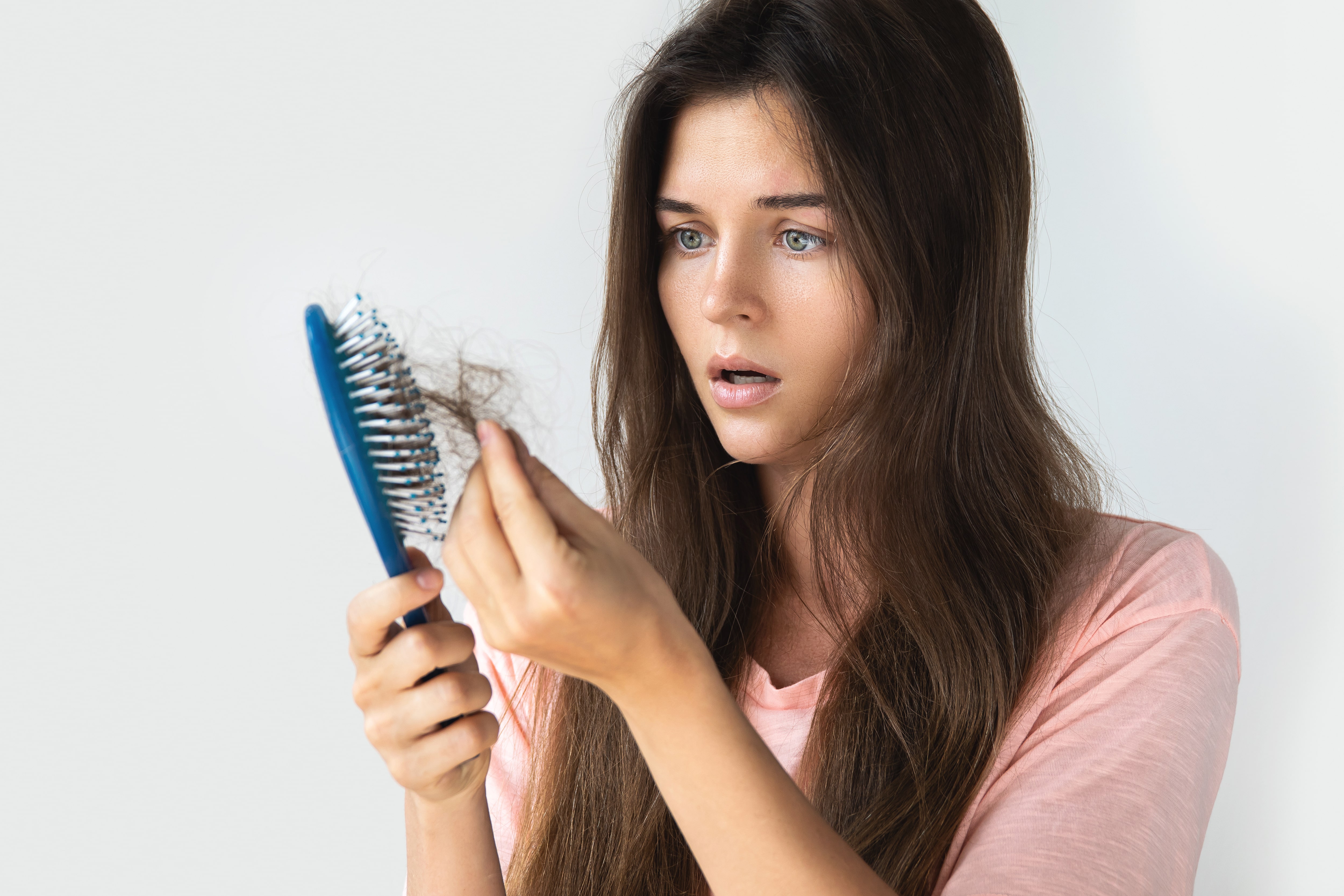
Top Causes of Hair Loss and How Restoration Treatments Help
Understanding the Causes of Hair Loss
Hair loss is a common issue that affects both men and women, often leading to frustration and reduced confidence. While losing some hair daily is normal, excessive shedding or thinning can indicate an underlying condition. Several factors can contribute to hair loss, from genetics to lifestyle choices, and identifying the root cause is essential for choosing the right treatment.
Genetic and Hormonal Factors
One of the leading causes of hair loss is genetics. Hereditary hair loss, known as androgenetic alopecia, is responsible for the majority of cases. It usually follows a pattern—receding hairline or thinning at the crown for men, and overall thinning for women. Hormonal changes also play a role, particularly during pregnancy, menopause, or thyroid imbalances. These hormonal fluctuations can disrupt the hair growth cycle, leading to temporary or long-term shedding.
Stress and Lifestyle Choices
Stress can have a significant impact on hair health. Physical or emotional stress triggers a condition known as telogen effluvium, which pushes hair follicles into a resting phase, resulting in shedding. Lifestyle habits such as smoking, poor diet, and lack of sleep can further contribute to hair loss. Nutritional deficiencies, particularly in iron, vitamin D, and protein, weaken the hair structure and slow growth.
Medical Conditions and Medications
Certain medical conditions can lead to hair loss. Autoimmune disorders like alopecia areata cause the immune system to attack hair follicles, resulting in patchy bald spots. Other conditions such as scalp infections, anemia, and polycystic ovary syndrome (PCOS) can also contribute. Additionally, some medications, including those for blood pressure, depression, or cancer treatment, can cause hair thinning as a side effect.
Hair Damage from Styling and Chemical Treatments
Frequent styling, heat exposure, and chemical treatments can weaken the hair shaft and lead to breakage. Tight hairstyles such as ponytails or braids may cause traction alopecia, a form of hair loss resulting from tension on the scalp. Overuse of hair dyes, relaxers, and bleach can further damage follicles, making it harder for hair to regrow. Adopting gentle hair care practices is key to preventing this type of damage.
How Hair Restoration Treatments Help
Thanks to modern aesthetic advancements, hair restoration treatments can now effectively combat hair loss and encourage natural regrowth. One of the most innovative solutions includes treatments that use platelet-rich plasma (PRP), microneedling, or energy-based technologies to stimulate hair follicles and improve scalp health. These therapies work by boosting blood flow, delivering essential nutrients, and activating dormant follicles to produce thicker, healthier hair.
Minimally invasive treatments are especially beneficial for individuals who prefer a natural approach without surgery. With consistent sessions and proper aftercare, most patients experience noticeable improvements in hair density and texture over time. Combining restoration treatments with nutritional support and stress management can further enhance long-term results.
The Benefits of Seeking Professional Help
While home remedies and supplements can offer some relief, professional hair restoration treatments provide targeted results. At a trusted medical practice, specialists evaluate the underlying causes of hair loss through a detailed consultation and customize a plan suited to individual needs. This ensures not only effective treatment but also prevention of future loss by addressing contributing factors such as hormonal imbalances or scalp health.
Call to Action
If you are struggling with thinning hair or bald patches, professional help can make a significant difference. Schedule a consultation to explore advanced options for Hair Restoration in Prattville, AL and restore your confidence with personalized, effective care.
Read More Blogs!
Stay updated with the latest blog posts and engage with our community.